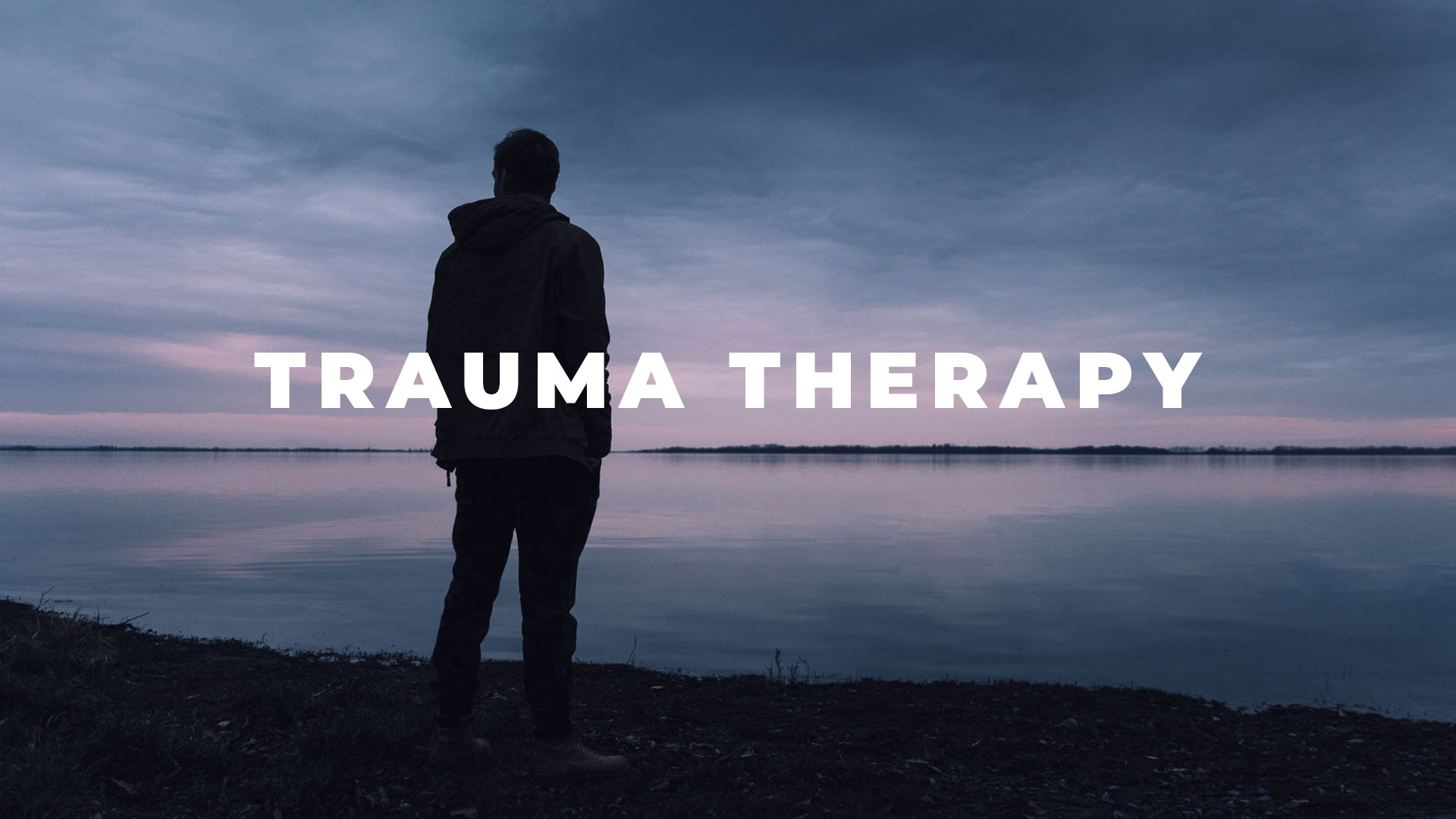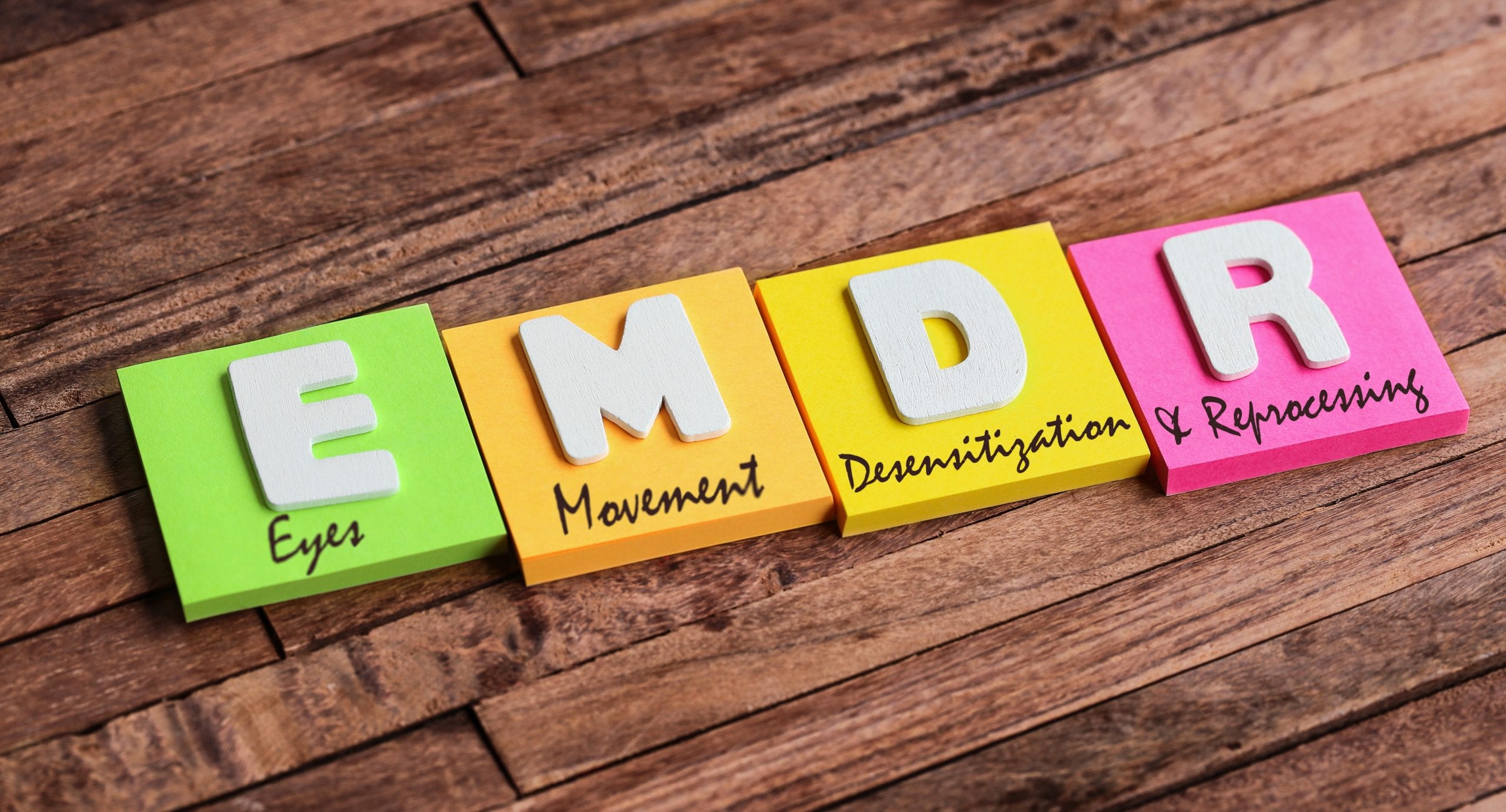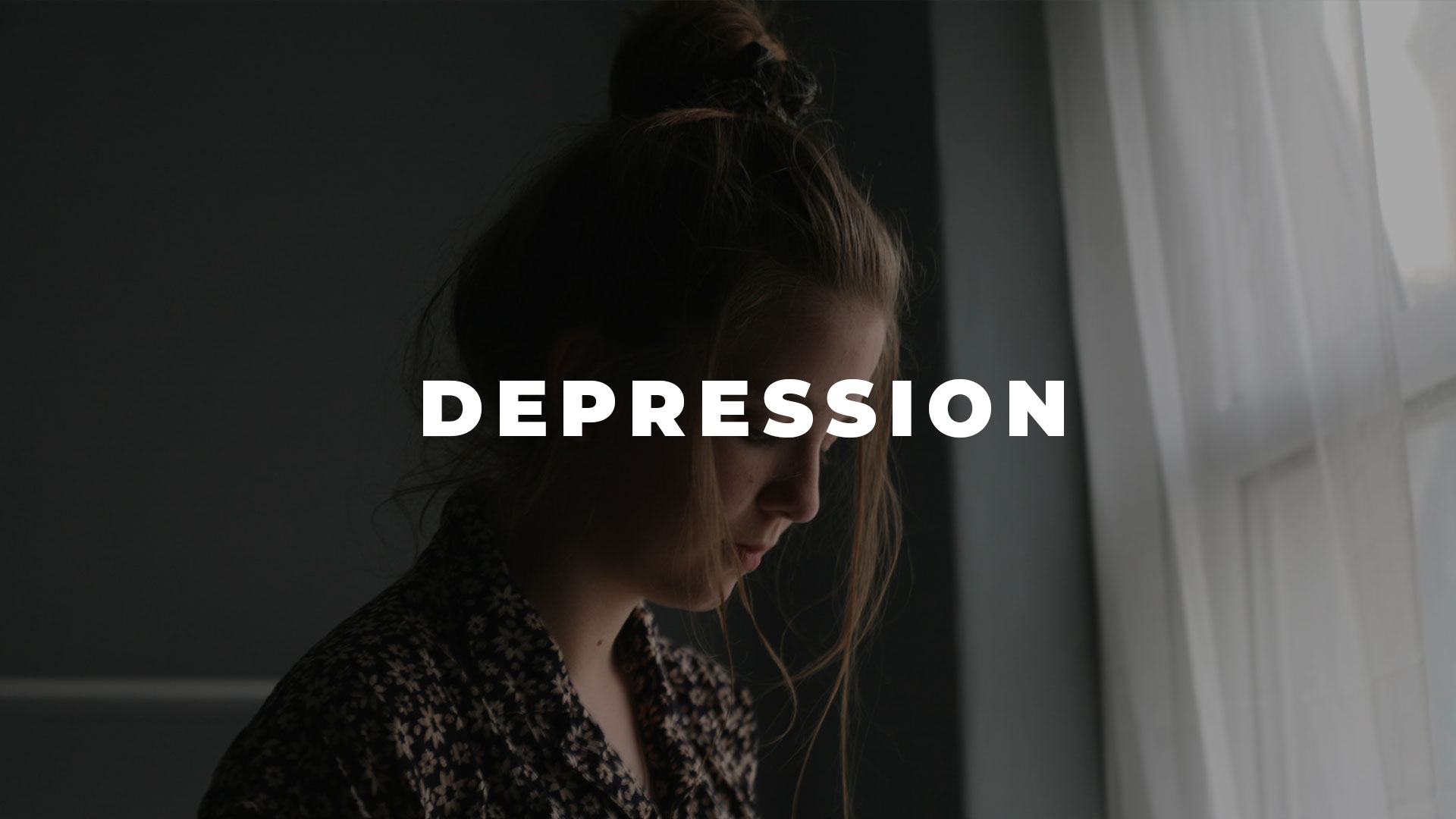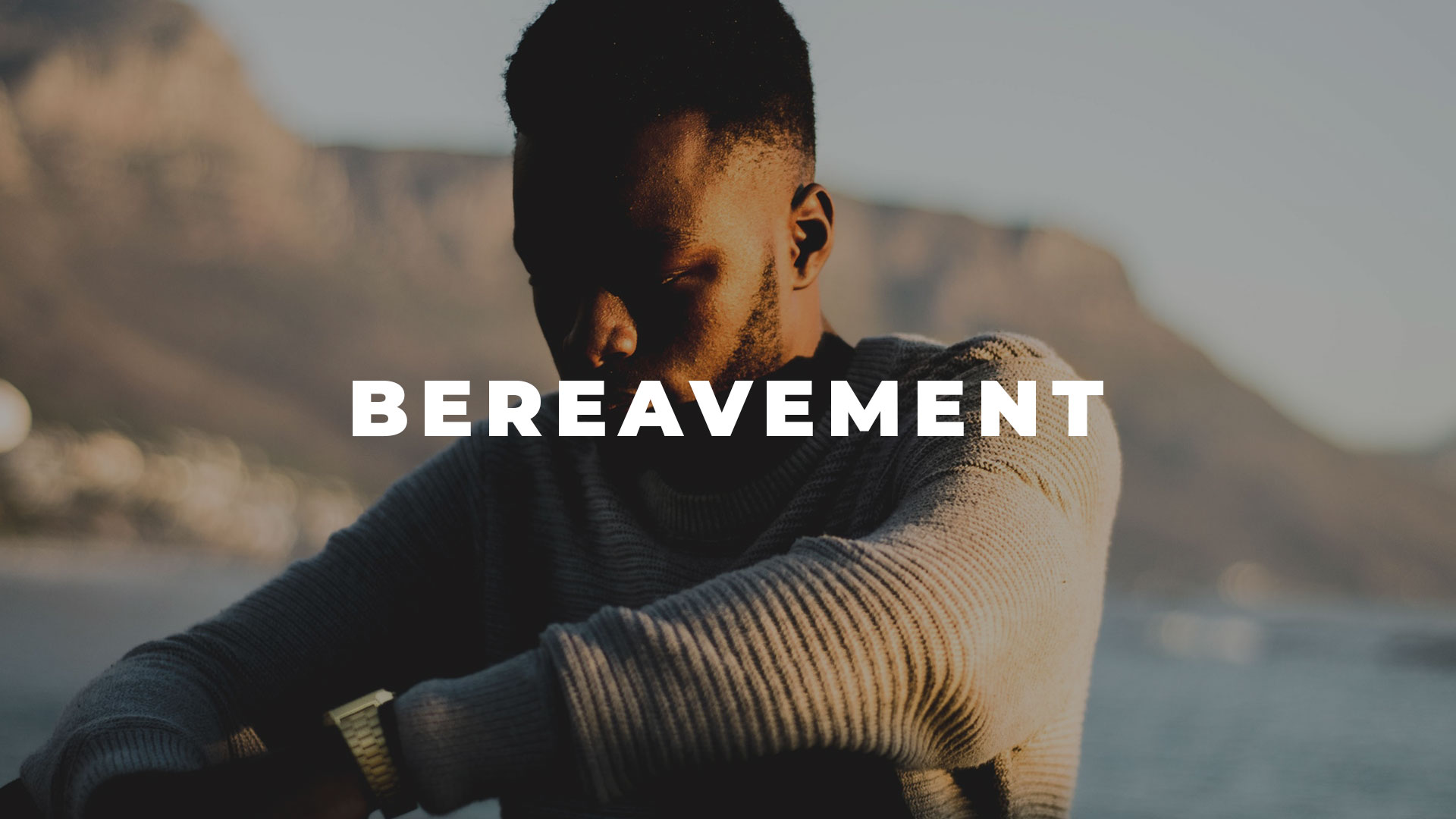
Trauma Therapist In Woking & Guildford
What is Psychological Trauma?
In short, Trauma is the mind and body’s response to overwhelming experiences. It includes the initial response to the experience (such as: shock, fear, anger, horror, confusion, pain) and can also include a lasting response, leaving an ‘imprint’ in the individual. An Imprint of the past onto the present, an imprint in the mind and in the body. This can cause sensitivity to triggers and can condition individuals to a state high alert. This can leave the survivor in a continuous state of fear, believing that the world is not safe a safe place. This can continue long after the experience has ended (sometimes even years or decades)- the threat is never too far away.
People often do not understand why they feel so anxious and fearful, even when a rational voice in the mind tells them “it is safe”, “I am just being silly”. During a stress response, the emotional and fear response areas of the brain (the Amygdala) takes over and rational thought is either weak or non-existent. Additionally, after trauma, the memory system gets distorted.
Simply speaking, the area of the brain (the Hippocampus) which orders memory (puts past events in the past and labels them as over) is severely disrupted. This means, when a traumatised person gets triggered or reminded of the event, the stress response kicks in and they are unable to place the trauma in the past- they literally feel the trauma hasn’t ended and they are in danger and will respond to the current situation as if the traumatic experience is re-occurring. this can be very problematic and disrupt many areas of life, especially relationships.
People often go through a range of emotions and thought processes such as: feeling ashamed of the event, ashamed of how they cope after trauma, feel that they are to blame for the event, that they deserved it or that, due to their reactions, there is something wrong with them. In fact, the truth is that a person’s response to Trauma is a normal response to an abnormal situation.
symptoms of trauma typically fall into three main categories:
Intrusion
(When the past intrudes on the present): nightmares, emotional, physical and visual flashbacks, visualising/sensing aspects of past events in current situations.
Hypervigilance
(being on high alert): changes in heart rate and breathing patterns, remaining fearful of future traumatic experiences, becoming easily agitated, startled or angry, sleeplessness, muscle tension-aches and pains.
Constriction
The numbing, blocking or avoiding of emotion. Detachment from mind and body.
People who have suffered trauma often experience emotional symptoms, such as:
Feeling hopeless | depression | anxiety | confusion | attention/focus issues | Difficulties regulating emotion
Survivors may also experience a range of physical symptoms/ medical problems. This is due to how the Nervous System can be pushed and conditioned into a higher state of alert. If you think about it, the Nervous System helps regulate every system within your body. Simply speaking, we can oscillate between ‘rest, digest & repair’ mode or ‘fight or flight’ mode (being on high alert). If our Nervous System is conditioned to ‘fight or flight’, the ‘rest, digest & repair’ function does not have enough time to do it’s job. As this regulates all systems in the body, physical issues and medical problems of many, and often unexpected, kinds can occur.
In addition to this, traumatic events (particualrly the more extreme or longer lasting/repeated experiences)can manifest into: traumatic stress, PTSD (Post -Traumatic Stress Disorder), C-PTSD (Complex PTSD), BPD (Borderline Personality Disorder) which is often referred to as EUPD (Emotionally Unstable Personality Disorder), or DID (Dissociative Identity Disorders- formerly known as “Multiple Personality Disorder).
What is a Traumatic Experience?
Trauma is often defined in many ways. What remains constant between definitions is that traumatic experiences overwhelm the individual, the individual feels trapped or helpless and that there is a threat to life, bodily integrity, regular neglect or sense of safety.
There is also a lot of subjectivity as to what is overwhelming between individuals. What may be traumatic to one person may not be traumatic to another, this is due to a number of factors such as individual resilience, individual meanings placed on situations, level of support after the event, the felt level of helplessness at the time, the level of betrayal in the experience (being abused by a friend/ family member for example) and as well as other factors. What I want to emphasise here is that trauma is not just the big/severe events such as car crashes, sexual abuse, and violence. It can also be caused by less severe or even repeated events that add up over time.
More Known Causes of Trauma:
sexual abuse
violence
car crashes
bereavement
torture
severe neglect
emotional abuse
physical abuse
Lesser Known Causes of Trauma
Surgery
bullying
relationship break up
sudden loss/bereavements
sports injuries
humiliation
witnessing violence
witnessing death
addiction
*there are many other experiences that can add to these lists.
How Can Therapy Help?
Often, survivors feel that there is no hope for them, or that they do not deserve to help, that it is not worth it, or are too scared to take a path of healing because the comfort of what is known feels easier than taking a giant leap into the unknown. I can understand all these positions. What I can honestly say is that it is possible to heal. If with me or another therapist, if in therapy or another form of healing- choose what is right for you! There are different ways practitioners work with Trauma. Many approaches, like the approach I use, use a 3 or 4 stage process. Additionally, Trauma therapy must include working with the body: reconnecting with the body, reconnecting with bodily experiences, finding emotions which may be held within the body, and calming down the Nervous System. This is because the rational mind is offline during a stress-response and focus on bodily experiences can calm down the Nervous System, allowing the rational brain to come back online. Several studies have shown how activity in the brain is restricted in the more ‘rational’ parts of the brain and higher activation in the more ‘instinctual’ areas. From this we know that the bodywork is needed to calm down the nervous system and to re-establish a connection between the rational and emotional brain areas before talking therapy can have the desired effect. brain scans have shown that the areas of the brain involved in talking therapy (the rational parts/ pre-frontal cortex) is low inactivation until equilibrium and a sense of safety is restored.
Stage 1: Creating Safety
This stage includes creating a therapeutic relationship in which you feel able to work through the difficulties you are having. It also includes learning how to calm down the Stress response system, psycho-education, building resilience, emotional regulation, learning grounding techniques to ‘ground’ yourself in the present moment, establishing support networks where possible, gaining empowerment and self-soothing strategies.
These are very important tools to have before processing of Trauma. Trauma is painful, accessing past memories can be very difficult and very scary. It is therefore paramount that you have worked on safety first. Being able to self-sooth and ground yourself in the present moment helps you to calm down the Nervous System and remain present. Mastery of stage 1 reduces the chance of re-traumatisation because, without it, past Traumas can appear to be happening all over again in the present moment.
My therapy rooms in Woking and Guildford offer a comfortable and confidential environment.
Call 07795824024 or email info@craigcoventrycounselling.co.uk to book today.
Stage 2: Gradually Processing the Trauma
Processing trauma means either coming to terms with past experiences, and what it means for you, or, processing the memories of past events. Going into detail of the trauma is not a necessity for some people, although, others may benefit from doing so.
Note the word ‘gradually’. Before we move onto this stage, we both need to feel you are competent enough in using the tools in stage 1 and that you feel ready to move on. When this stage arrives, we do not rush in! We go at your pace. Unless I believe your pace is too fast in which case I will slow the process down. It is safer for you to go piece by piece, partial memory recall, whilst using stage one techniques to bring you into the ‘here and now’ so you do not get stuck in the ‘there and then’. Due to the intrusive natural of trauma, this helps to keep the event where it belongs, in the past. It also takes the power out of the memories so that you no longer need to remain hypervigilant- and if you do become hypervigilant, you have learnt some tools to deal with it. This stage also helps with constriction symptoms as you gradually work through what has been numbed out or have detached from.
Stage 3: Working with Loss
After Trauma, there is always some form of loss. Whether it be a physical loss (of a person, part of the body, an ability), a loss of the life you had before, a loss of the life you ‘should have had’, or a loss of the persons you ‘used to be’. Any number of losses could be present. To recognise, and work through loss is an important part of the healing process. Without this stage, you could take some of the power out of the Traumatic memory, but still be burdened with a depressive state which could last throughout life- recovery would be incomplete.
Stage 4: Integration and Resolution
The final stage is bringing it all together. Integrating new knowledge, new feelings and self-concepts and attitudes into your daily life. It includes living a more empowered life and placing an often new and coherent meaning onto past events and learning to be someone who thrives, not just survives.
My therapy rooms in Woking and Guildford offer a comfortable and confidential environment.
Call 07795824024 or email info@craigcoventrycounselling.co.uk to book today.
Contact Craig today for any enquiries.
Explore
common concerns
Get in touch







